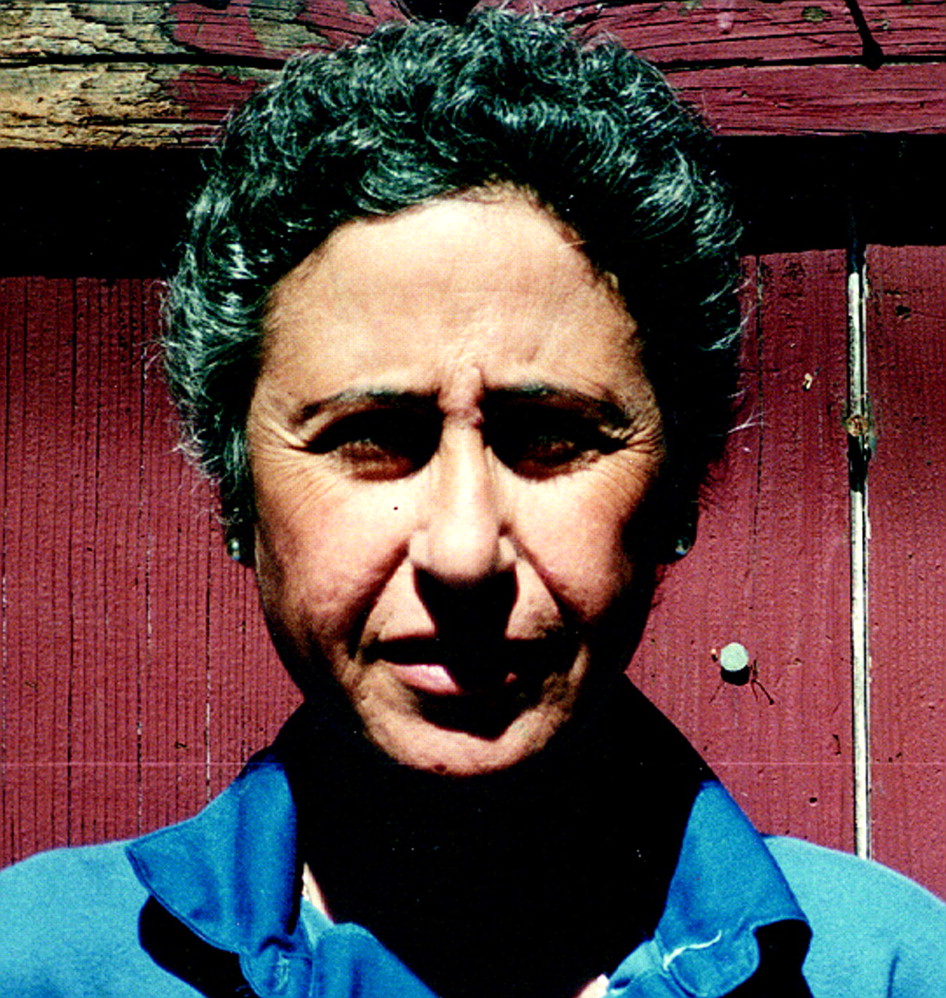Many of my clinic patients complain that they are tired. “How many hours do you sleep at night?,” I ask.
“No, doc,” they answer. “It has nothing to do with lack of sleep.”
“Can you tell me more?” I continue; now I am puzzled.
In my mind I run through differentials for fatigue, but somehow I have a premonition that I am going to miss the real diagnosis.
“You see,” they say in a diplomatic manner, “don’t take it personally but. . . .”
Now I am really curious about the etiology of this tiredness. What could it be? I conjure up multiple guesses about side effects of drugs, drug-drug interactions, underlying medical illnesses. . . . “Hold it,” I mumble to myself. “Listen to what the patients are trying to tell you.” The answer turns out to be simpler than what I had imagined.
Most of my patients are quite open and willing to talk. They claim to be tired not from mental illness or side effects of medications but from having to switch doctors at the end of every residency year.
“Do you know how many doctors I have seen already?,” they ask rhetorically.
I can easily estimate that number by the date of their admission, but I wait for them to inform me. They do so once they realize that the topic has caught my attention.
“Finally, after seven months you feel comfortable with the new psychiatrist,” they explain, “and this is the time when you are told that in three months someone else will pick you up.”
It is frustrating for patients to get used to a new resident every year, and it is even more difficult for those who have a chronic illness and other serious problems. They resemble infants leaning how to walk when suddenly, after taking several steps with the help of a known caretaker, they find out that when they let go of the supporting hand, they are on their own, and when they gaze up there is a stranger standing in front of them. They stop and wonder if they should take the next step.
When I “inherited” my caseload from my predecessor, all I could think about was how to get my schedule organized so that I could start meeting these patients. For patients, this transition time was equivalent to a panic episode. Some came to see me because of their monthly need for medication; others postponed the appointment and decompensated, until finally a family member called me, frantically asking for help. There were also those who questioned me on the phone several times, and only after I promised that I was indeed a nice person did they come to the clinic to renew their therapeutic commitment.
One by one they returned to the clinic, and as time passed, like a process of acculturation, they learned to trust me too. Not surprisingly, however, they often ask, “When are you leaving? We are very tired of new doctors. Why can’t you stay for a while? Don’t you like us?”
I have explained many times that liking has nothing to do with the yearly abandonment. We talk about abandonment in its various presentations in our sessions. I try to be open, as my patients are, now that I understand what it means for them to be tired of the changes they are expecting in several months. Deep inside of me, I too have regrets about moving forward and leaving patients behind to be cared for by someone else. After all, they have become “my patients”—my responsibility—even if only for 12 months.
We residents are part of a training program that continues on each year with a new group of residents. We are the moving passengers in a place where patients are the permanent fixtures for the time they need psychiatric care. The therapeutic marks that I leave upon my patients’ lives may last for a while, until another resident picks up the cases and follows his or her own style of treatment.
The life of a resident is very fragmented. I too move from one rotation to the next, and I also get tired. All of us get attached to our patients. Residents live in a state of revolving doors; it is indeed arduous to be constantly starting work with patients and leaving them to move on to other patients. I understand my patients’ frustration and their anxiety about meeting someone new each year. Nonetheless, I hope I have prepared them to face the new residents with a sense of excitement rather than abandonment. ▪

